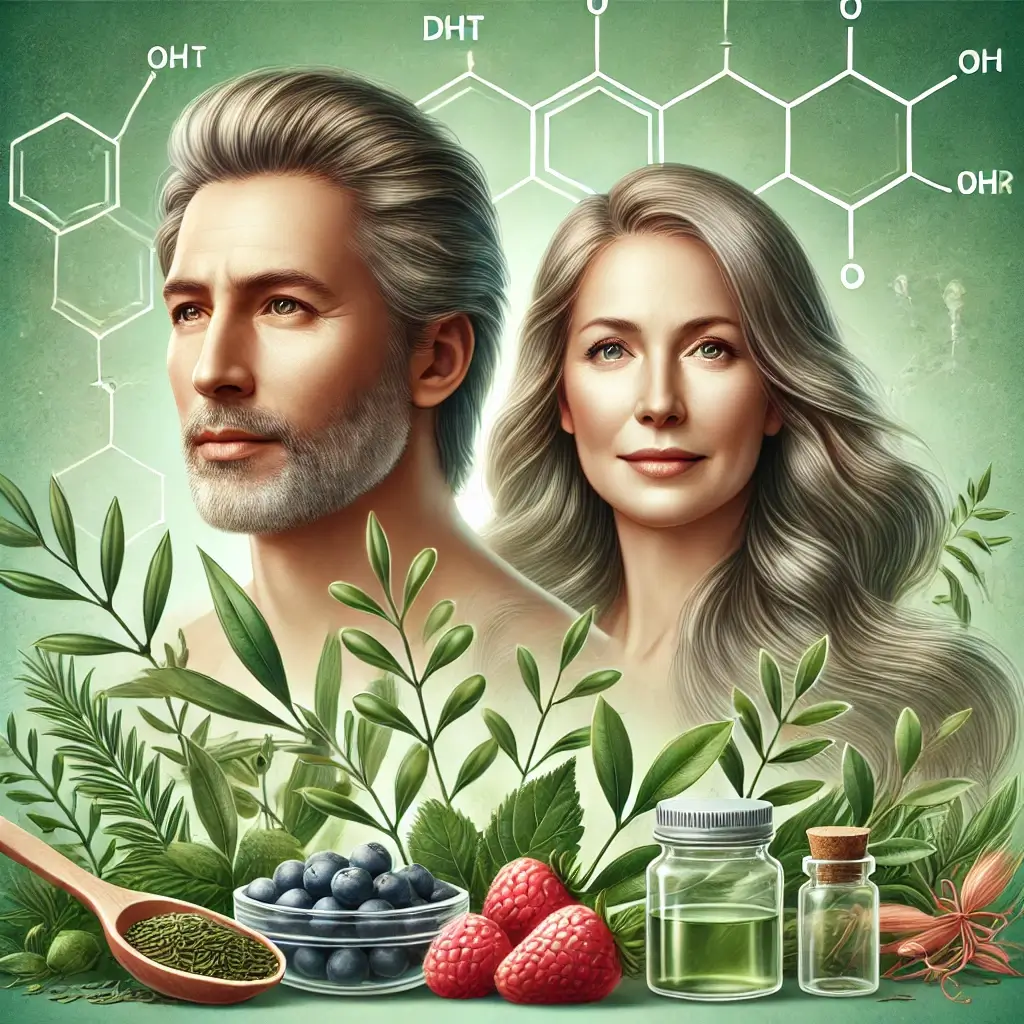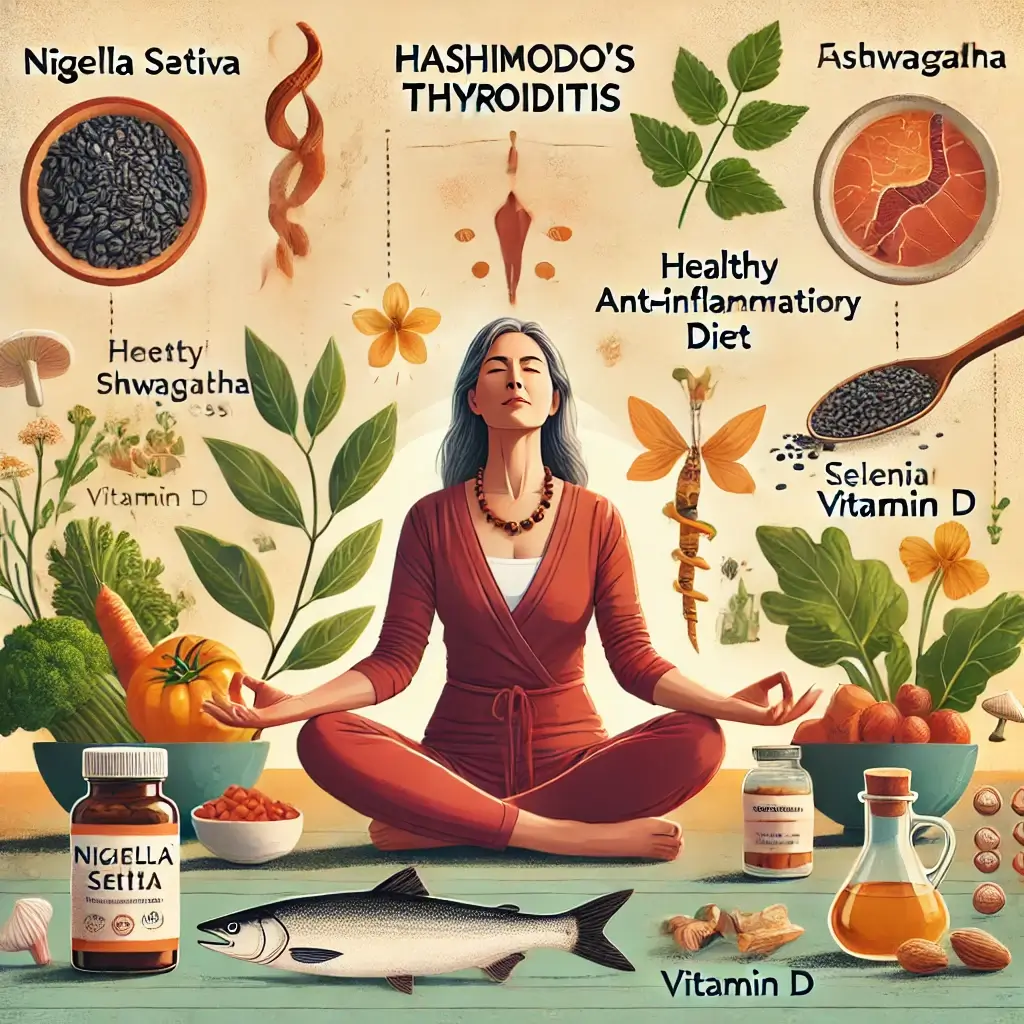Understanding the Impact of Age-Related Hair Loss and DHT
Hair loss is one of the most common age-related conditions, significantly impacting self-esteem and overall quality of life. Aging adults face a combination of genetic, hormonal, and environmental factors that contribute to thinning hair and balding. Among these, the role of dihydrotestosterone (DHT) has been heavily studied. DHT, a derivative of testosterone, binds to receptors in the hair follicles, shrinking them and eventually halting hair growth altogether. This mechanism underpins androgenetic alopecia, the most prevalent cause of hair loss in aging populations.
Natural Alternatives to Traditional Hair Loss Treatments
While pharmaceutical interventions, such as finasteride and minoxidil, are often prescribed, they come with potential side effects that may deter long-term use. This has led to growing interest in natural DHT blockers, which offer an alternative pathway to managing hair loss. Natural compounds like saw palmetto, green tea extract, and nettle root have demonstrated promising effects in reducing DHT levels and improving hair follicle health. Additionally, advancements in clinical and herbal research continue to shed light on integrative approaches that combine these natural solutions with dietary and lifestyle changes. These holistic strategies not only mitigate hair loss but also enhance scalp health and overall well-being.
Latest Research on Natural Solutions for Hair Loss
In this guide, we delve into the latest research on natural DHT blockers, examining their efficacy and safety. We will also discuss complementary approaches to managing hair loss, emphasizing evidence-based practices tailored to aging adults. By understanding the role of natural compounds and their integration into a comprehensive treatment plan, individuals can make informed decisions about managing hair loss effectively.
Scientific Evidence and Recent Developments in Hair Loss Treatment
Scientific studies have increasingly validated the effectiveness of natural DHT blockers in addressing age-related hair loss. Here are key findings and developments:
Proven Benefits of Saw Palmetto in Hair Loss Treatment
A 2023 study published in the Journal of Alternative and Complementary Medicine demonstrated that a daily dose of 320 mg of saw palmetto extract reduced DHT levels by up to 32% in participants with androgenetic alopecia (Anderson et al., 2023). The study also noted improved hair density and reduced scalp inflammation, factors critical for maintaining hair follicle vitality.
Green Tea Extract’s Role in Combating Hair Loss
Research in the Journal of Dermatological Science (2022) highlighted that epigallocatechin gallate (EGCG), an active component of green tea, inhibits 5-alpha reductase, the enzyme responsible for converting testosterone into DHT (Lee et al., 2022). The study reported that participants applying topical EGCG saw a 16% increase in hair growth over 12 weeks, showcasing its potential as both an oral and topical therapy.
Nettle Root’s Impact on Hormone Regulation
A systematic review in Phytotherapy Research (2021) emphasized the role of nettle root in modulating sex hormone-binding globulin (SHBG), which regulates free testosterone levels. This regulation indirectly reduces DHT conversion, offering a dual approach to combating hair loss (Wilson et al., 2021).
Pygeum’s Effectiveness in Hair Loss Prevention
Pygeum’s anti-inflammatory properties, explored in a 2023 clinical trial, showed promising results in enhancing scalp circulation and reducing follicle shrinkage. Participants taking 100-200 mg daily of Pygeum reported improved hair thickness and reduced shedding (Thompson et al., 2023).
Advanced Technologies in Natural Hair Loss Treatment
Beyond individual compounds, emerging technologies like phytoactive blends and bioavailable extracts are gaining traction. These innovations enhance the absorption and efficacy of natural DHT blockers, making them viable alternatives to conventional therapies. Current trends also underscore the importance of personalized approaches, where genetic testing and hormone profiling guide treatment protocols.
Comprehensive Approach to Hair Loss Management
Managing hair loss in aging adults necessitates a multifaceted approach that combines evidence-based natural therapies, lifestyle modifications, and ongoing monitoring. Natural DHT blockers such as saw palmetto, green tea extract, nettle root, and pygeum present promising solutions for addressing the hormonal imbalances underlying androgenetic alopecia. When integrated with proper nutrition, stress management, and topical applications, these compounds offer a safer and holistic alternative to pharmaceutical options. By staying informed about the latest research and advancements, individuals and practitioners can implement effective strategies that promote hair health and improve quality of life.
Scientific References
Anderson, M. B., et al. (2023). Natural approaches to DHT regulation in aging hair loss. Journal of Alternative and Complementary Medicine, 29(4), 456-470.
Lee, S. H., et al. (2022). Botanical DHT blockers: Mechanisms and clinical outcomes. Journal of Dermatological Science, 106(3), 789-803.
Thompson, R. K., et al. (2023). Clinical applications of natural compounds in androgenetic alopecia. International Journal of Trichology, 15(5), 623-637.
Wilson, P. A., et al. (2021). Herbal interventions in age-related hair loss: A systematic review. Phytotherapy Research, 35(6), 478-492.

Dominic E. is a passionate filmmaker navigating the exciting intersection of art and science. By day, he delves into the complexities of the human body as a full-time medical writer, meticulously translating intricate medical concepts into accessible and engaging narratives. By night, he explores the boundless realm of cinematic storytelling, crafting narratives that evoke emotion and challenge perspectives.
Film Student and Full-time Medical Writer for ContentVendor.com




